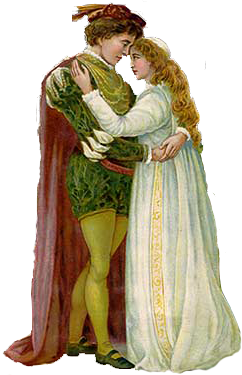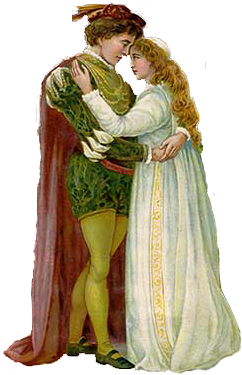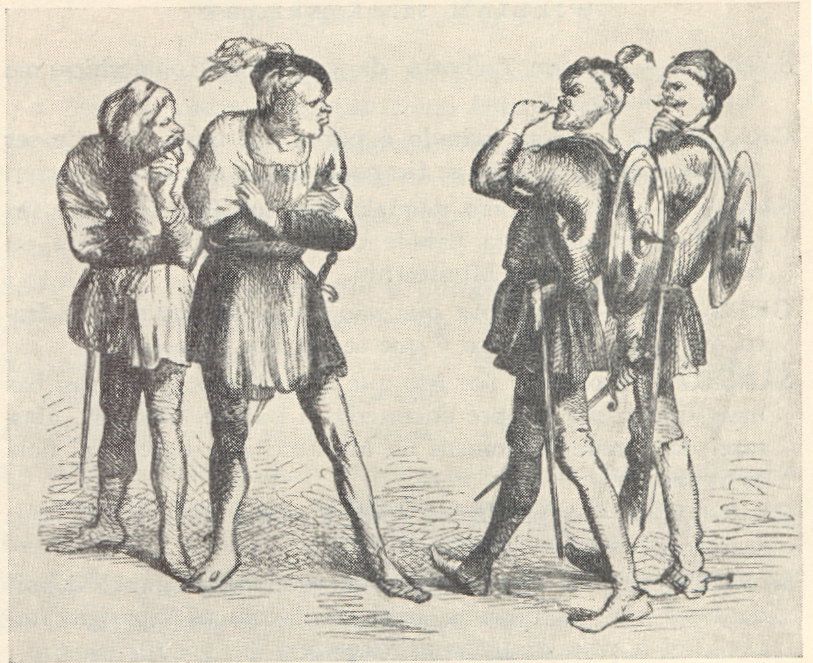In sooth, I know exactly why I am so sad.
On Wednesday, April 6, my daughter told me, “We start Romeo and Juliet next week.”
It’s a moment I’ve been waiting for since she was five years old.
I’ve been keeping you all updated as best I can, from the stories I’ve gotten. For just about two months I’ve heard about them studying Shakespeare’s life, the sonnets, writing their own sonnets, watching the movies, reading the modern translation, watching the movies, acting it out, watching the movies…
And then yesterday she tells me that the end of the year is upon them and they will not have time to finish the play.
I can’t even really get my head around how that happens. They are right in the middle – Juliet has just been told that Romeo is banished. And that is where they will stop. Just like that, the teacher collected their books and put them back on the shelf. Done. Interested students don’t even get to keep them for an extra week to read ahead. He’s moved on to whatever else is left for the rest of the year, which apparently means grading papers.
I was lying awake in bed at 3am last night imagining all the different responses I might have to this. Is it his fault? Is it just a curriculum thing where the 8th grade in this town says to squeeze in Shakespeare at the end of the year if you have time? Nope — there are three “teams” of 8th grade students, and the other two finished it. So, it’s just him.
Oh. Ok, then….ummm….did he just go into such a deep exploration of the text that they fell behind? So that my kids’ understanding of the first half of the play exceeds the other classes?
Well, no. I came home one day and my daughter told me they’d watched Gnomeo and Juliet. You gotta be kidding me. You couldn’t have squeezed in another act instead of watching that children’s movie that they’d all no doubt seen already since it came out six years ago?
I am very sad about this. My daughter has been looking forward to it. She’s at least one student – and probably not the only one – who went to school each morning thinking, “I hope we do Shakespeare today.” I’m especially sad for any others who did not grow up in a house surrounded by Shakespeare, for whom this was their first experience, who came away thinking, “This is awesome, I want more of this.” I can’t help those children. That’s his job. And whether there’s one more of them out there or twenty of them, he’s failed them.
Next week is middle school graduation and there’s at least some possibility that I’ll get to speak with the man. I have no idea what I’ll say.




